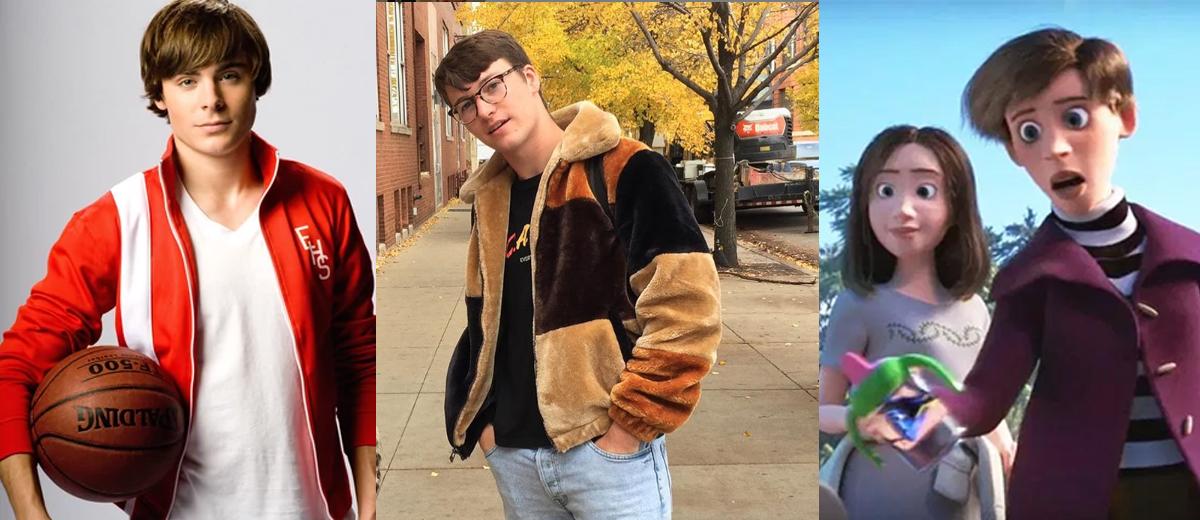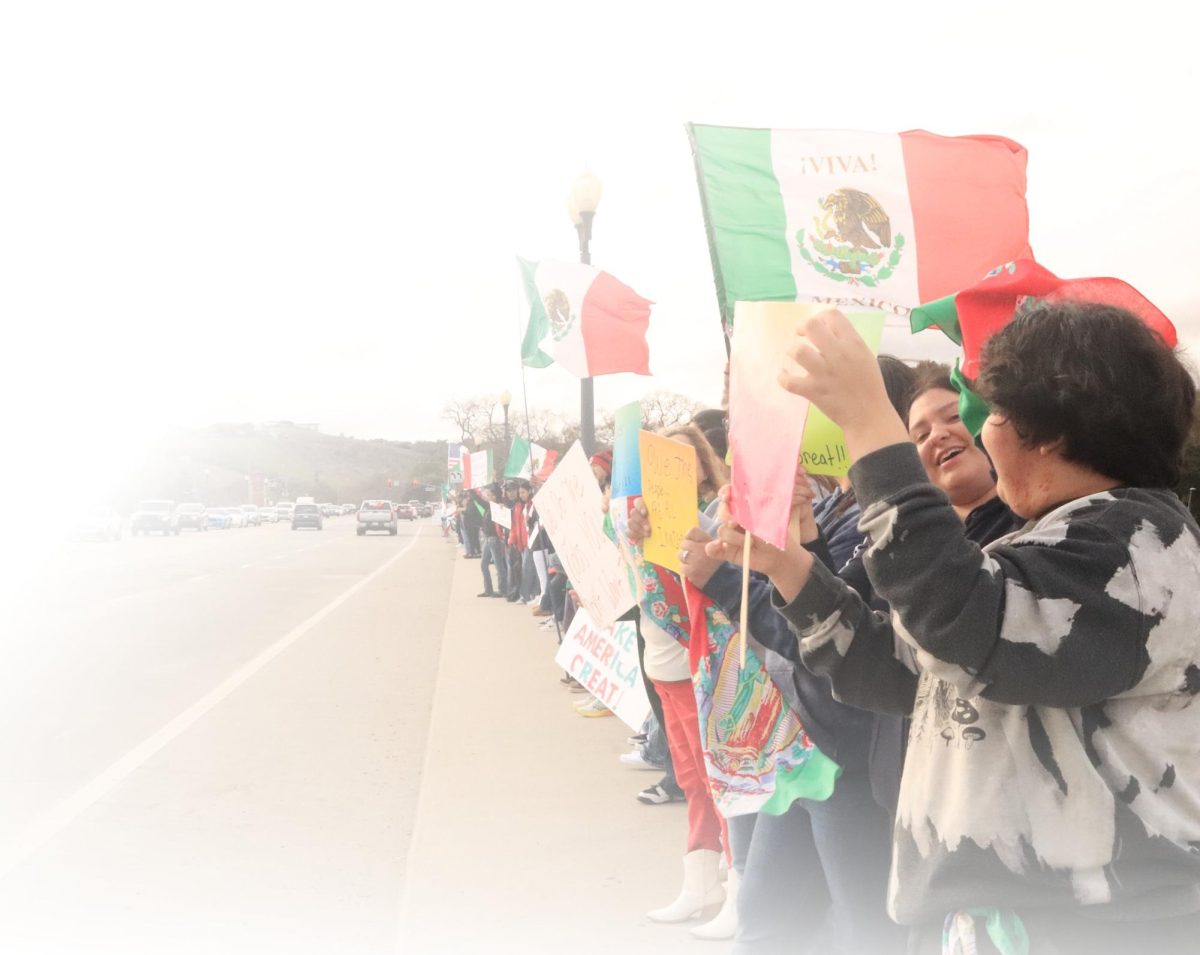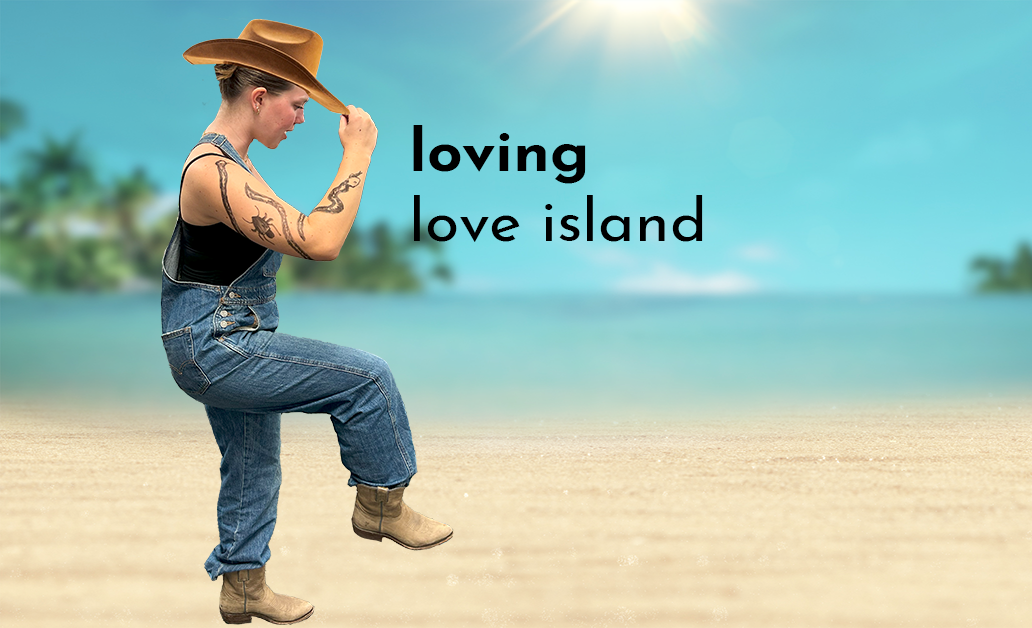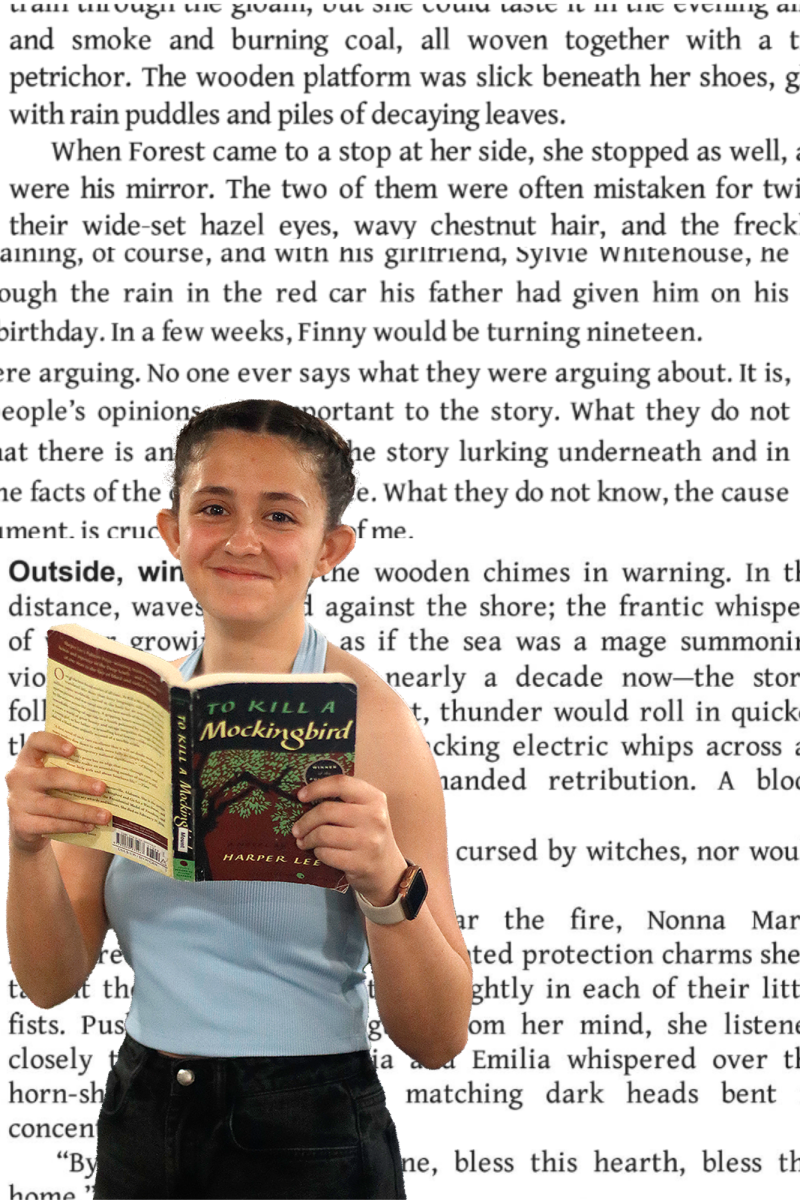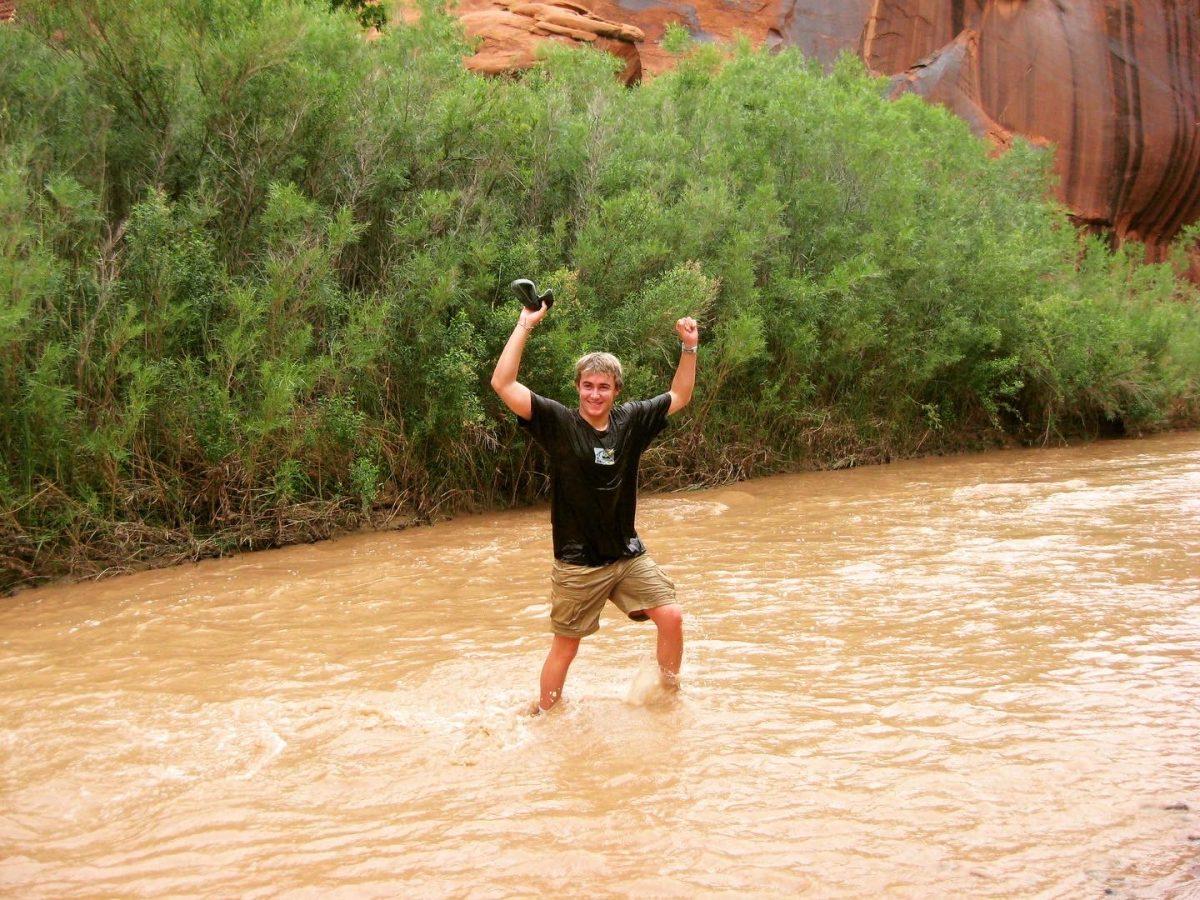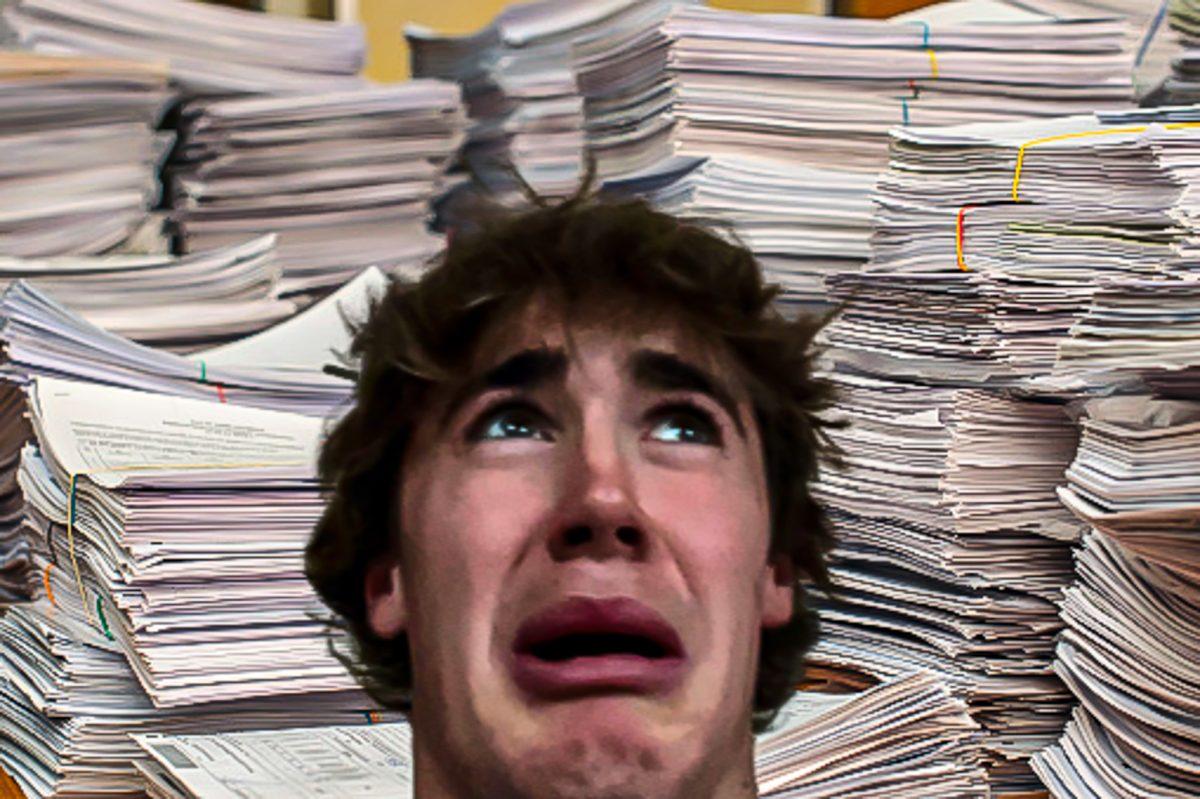“When did you find out you were gay?”
When the topic of sexuality comes up, nine times out of ten, a straight person will ask me this. I can pinpoint the exact moment in time: I was watching High School Musical for the first time in 2013 (yes, I know it took way too long for me to watch it) and laid eyes on the dreamy b-ball star Troy Bolton, along with a deeply-rooted spiritual connection to Sharpay Evans after the movie was over.
Now, I know just about every girl had a crush on him, and while there is absolutely nothing wrong with the question, the problem lies within my answer. Why is it that it such a recurring thing that LGBT youth take so long to discover something about themselves that is with them since birth? I think the answer lies within diversity, or rather the lack thereof.
 It’s undeniable that, as children, we learn much from television. Whether that in itself is good or bad would be another discussion, but the fact remains that media provides children with a lot of information. Shows like Sesame Street offer important life lessons about sharing, or that friends can come in all shapes and sizes, or any other virtue the creators can demonstrate with a puppet. These are all amazing lessons for children because they instill that people are different, and that that’s okay. So why, then, when an LGBT character is introduced, or even rumored, adults have objections?
It’s undeniable that, as children, we learn much from television. Whether that in itself is good or bad would be another discussion, but the fact remains that media provides children with a lot of information. Shows like Sesame Street offer important life lessons about sharing, or that friends can come in all shapes and sizes, or any other virtue the creators can demonstrate with a puppet. These are all amazing lessons for children because they instill that people are different, and that that’s okay. So why, then, when an LGBT character is introduced, or even rumored, adults have objections?
 When a lesbian couple was assumed to be in “Finding Dory,” I saw close relatives calling for boycotts and acting as if two loving adults would cause their child’s head to explode. After such outrage, the couple was seen for less than 5 seconds; even a glimpse of such a couple was too much for some people to handle, and complaints streamed from religious groups and concerned parents. It felt as if straight audiences were saying that an LGBT existence is something to be hidden and ashamed of, undeserving of their viewing.
When a lesbian couple was assumed to be in “Finding Dory,” I saw close relatives calling for boycotts and acting as if two loving adults would cause their child’s head to explode. After such outrage, the couple was seen for less than 5 seconds; even a glimpse of such a couple was too much for some people to handle, and complaints streamed from religious groups and concerned parents. It felt as if straight audiences were saying that an LGBT existence is something to be hidden and ashamed of, undeserving of their viewing.
Representation in media isn’t just something minorities are trying to shove down others’ throats. “There’s a relationship between low self-esteem and negative media portrayals of racial groups,” according to an article by The Conversation, “in addition to an association between poor self-esteem and the paucity of portrayals of a particular group.” We live in a global society, and like it or not, children will come in contact with people that are different than them. Whether they are African American, transgender, or have a disability, it’s bound to happen. So, when we have diversity in media, we are preparing children to live in a world that grows stronger by our differences.
If I had seen two men who were in a loving relationship at a young age, then maybe my answer to that question that follows myself and fellow LGBT members around wouldn’t be such a shameful response. If someone had told me that love is much more than man and woman, when someone asked, “When did you find out you were gay?” I could tell them it was never a huge discovery. It was something I’ve always known. That’s the answer I wish I could give.

